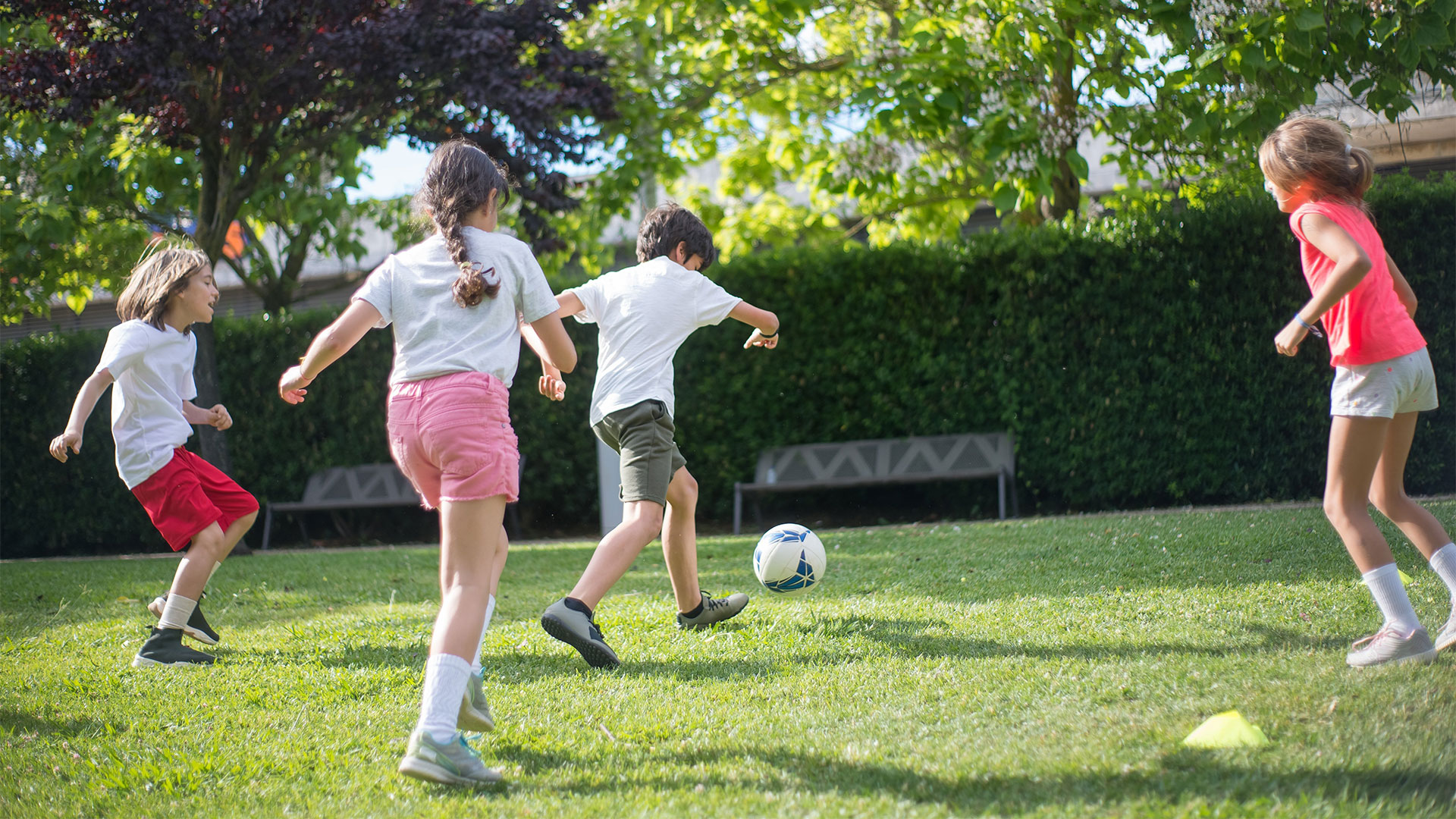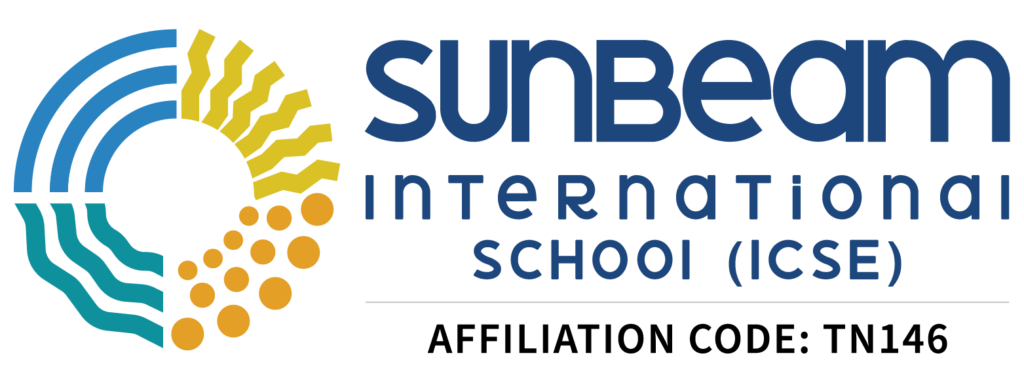
The saying, “All work and no play makes Jack a dull boy” may sound cliché but it’s true. For students, continuous focus on academics inhibits their real potential. They need other activities to keep their mind and body agile. This is where extracurricular activities play a vital role.
Extracurricular activities (ECAs) fall outside the school curriculum and are voluntarily taken up by students. While there are a number of activities that students can indulge in, it is important for them to choose an activity that benefits them.

Over the years, positive impacts of ECA have been theoretically and empirically studied by researchers. Voluntary ECA taken by students has been found to increase their achievements and participation in school. It helps them acquire interpersonal skills and build a strong connection with their school. Other benefits can be seen in their self-perception, academic and social development.
Self-perception
School education is a social and psychological experience for young developing minds. They compare themselves to others and develop a perception about their abilities to perform various tasks.
A 2003 study discussed at length how students’ involvement in physical ECAs can improve their self-perception. Physical ECAs help young children to reduce stress, stay fit and overall experience good mental health. The study examined 1130 students aged 14-15 years from England and Wales and found that those who were involved in such ECAs reported a higher degree of self-perception than those who did not participate in ECAs.
Thus, ECAs give students confidence in their abilities. When they perform well, they regard themselves as valuable members of the group and form strong bonds with their peers.
Academic improvement
There was a point when it was debated if academics and ECAs could go hand-in-hand. This has now been established by empirical research. A study concluded that students who took part in more ECAs (three or four) performed better than those who did not participate in any ECA at all. They scored higher grades, had higher attendance and liked school more.
The better performance can be attributed to the skills that a student acquires in ECAs. Since most of these activities involve dexterity and focus (for example, a sport or arts), they improve the student’s ability to concentrate and retain information. These play out in the long-run in other fields, academics being one.

Positive social identity
ECAs give students, especially adolescents, a boost about their social selves. They get more opportunities to interact with others and develop friendships as well as a sense of commitment. They work in teams, learn leadership skills and form bonds that may eventually develop into a support system. Such collective activities lessen their fear of isolation and instead promote their self-growth. When they go out in the world, the experience from these activities can help them make friends easily and adjust to a new environment.
ECAs are beneficial to the entire student community. They experience improvements in their behaviour, academic performance and social well-being. The advantages offered by ECAs— such as positive peer relationships, discipline, greater focus— contribute to the overall development of students and build a strong case for ECAs to be encouraged among students.


